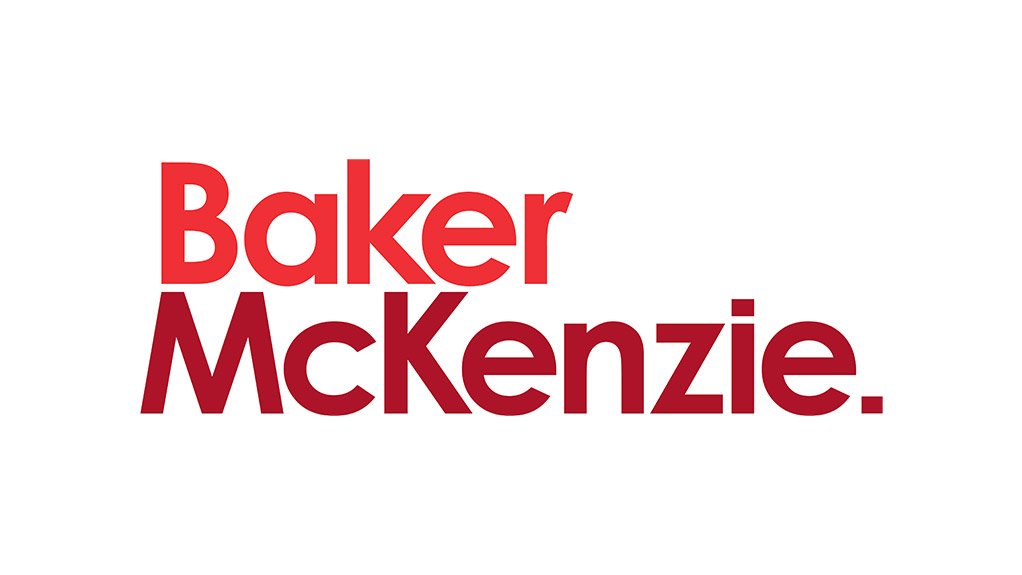We would not be surprised if a lot more people took notice of Finance Minister Mboweni's annual budget speech this year, generally to see the state of finances, but most importantly to see if any new/additional taxes would be introduced. Much to our relief, this was not the case, and the proposals were generally welcomed, given the tight parameters within which the Minister was working. It is evident that the fiscus does not have much wiggle room and so the focus will be on collecting more revenue in future, either in the form of removing incentives, limiting deductions or looking for other revenue sources.
Most notably from a corporate tax perspective was the proposal to reduce the corporate income tax rate from 28% to 27% in 2022, but this comes with the intention to introduce a limitation on the use of assessed losses, as well as a limitation on interest deductions, both of which are intended to come into effect in 2022. In essence, it is a “give with the one and take with the other” scenario. All in all, a number of the proposals involve the review of what was introduced in 2020 as well as dealing with further related matters, however, in our view the most material items that came through this year are as follows:
Corporate
- The proposed reduction of the corporate tax rate from 28% to 27% for years of assessment commencing on or after 1 April 2022;
- No digital services tax as yet. National Treasury will wait for the OECD work on this to conclude in the hopes of developing a consensus by mid-2021. Should these efforts fail, South Africa will consider the appropriateness of a unilateral approach.
- The proposal to limit the use of assessed losses to 80% for a particular year will be pushed out to 2022.
- The proposal to limit excessive interest deductions to 30% of tax EBITDA will be pushed out to 2022.
- A discussion paper will be released to propose tax reforms in the oil and gas industry.
- National Treasury and the Department of Science and Innovation will publish a discussion paper inviting public comment on the future of the Research and Development incentive.
Tax incentives
- The sunset date for the venture capital company (VCC) incentive will not be extended beyond 30 June 2021.
- A sunset date of 28 February 2022 has been introduced for tax incentives dealing with airport and port assets, rolling stock, and loans for residential units. Together with the incentive providing exemptions for films, these incentives will lapse once they reach their respective sunset dates.
VAT
- To tackle schemes and malpractices to obtain undue VAT refunds in the gold industry, various amendments will be proposed.
- It is proposed that the VAT Act be amended to make provision for the VAT treatment of micro-insurance.
Carbon Tax
- Along with other changes to the carbon tax system, the carbon tax rate increased by 5.2 per cent, from ZAR 127 to ZAR 134 per tonne of carbon dioxide equivalent, from 1 January 2021. The levy for 2021 will increase by 1c to 8c/litre for petrol and 9c/litre for diesel from 7 April 2021.
Excise duties on alcohol and tobacco
- Above inflationary increases to excise duties on alcohol and tobacco that have increased by 8%.
Individuals
- The 5% increase in personal income tax brackets and rebates which, notably, is higher than inflation. In real terms, if a person earns above the new tax-free threshold of ZAR 87 300, such person will have an additional ZAR 756 in pocket after 1 March 2021. Of course, this adjustment will decrease tax revenue by ZAR 2.2 billion, which, the Minister reasoned, will be offset by a corresponding increase in excise duties on tobacco and alcohol.
- Further changes to tackle perceived abuse in the use of trusts will be introduced.
- In light of the large‐scale migration to working at home over the past year, the National Treasury will review current travel and home office allowances to investigate their efficacy, equity in application, simplicity of use, certainty for taxpayers and compatibility with environmental objectives.
Exchange control
- During the course of 2021, the SARS and the Reserve Bank will continue to develop the legislative framework for the new capital flow management system announced in the 2020 Budget, as well as working on implementing reforms aimed at promoting South Africa as a financial hub for the continent in light of the African Continental Free Trade Agreement.
Written By Virusha Subban, Partner, Head of Indirect Tax, Jana Botha, VAT Consultant, Denny Da Silva, Senior Tax Advisor, Prenisha Govender, Associate, and Keketso Kgomosotho, Candidate Attorney, Baker McKenzie Johannesburg
EMAIL THIS ARTICLE SAVE THIS ARTICLE ARTICLE ENQUIRY
To subscribe email subscriptions@creamermedia.co.za or click here
To advertise email advertising@creamermedia.co.za or click here











